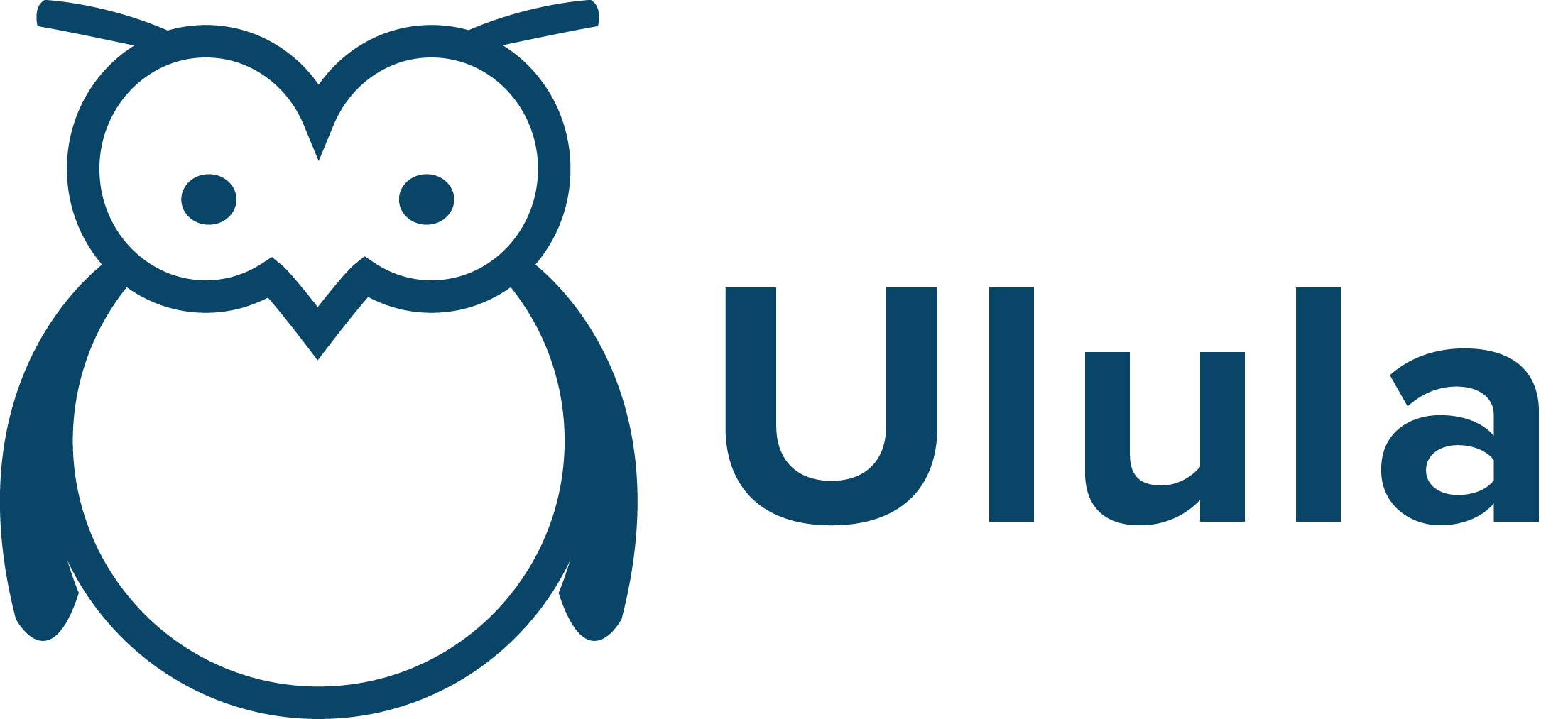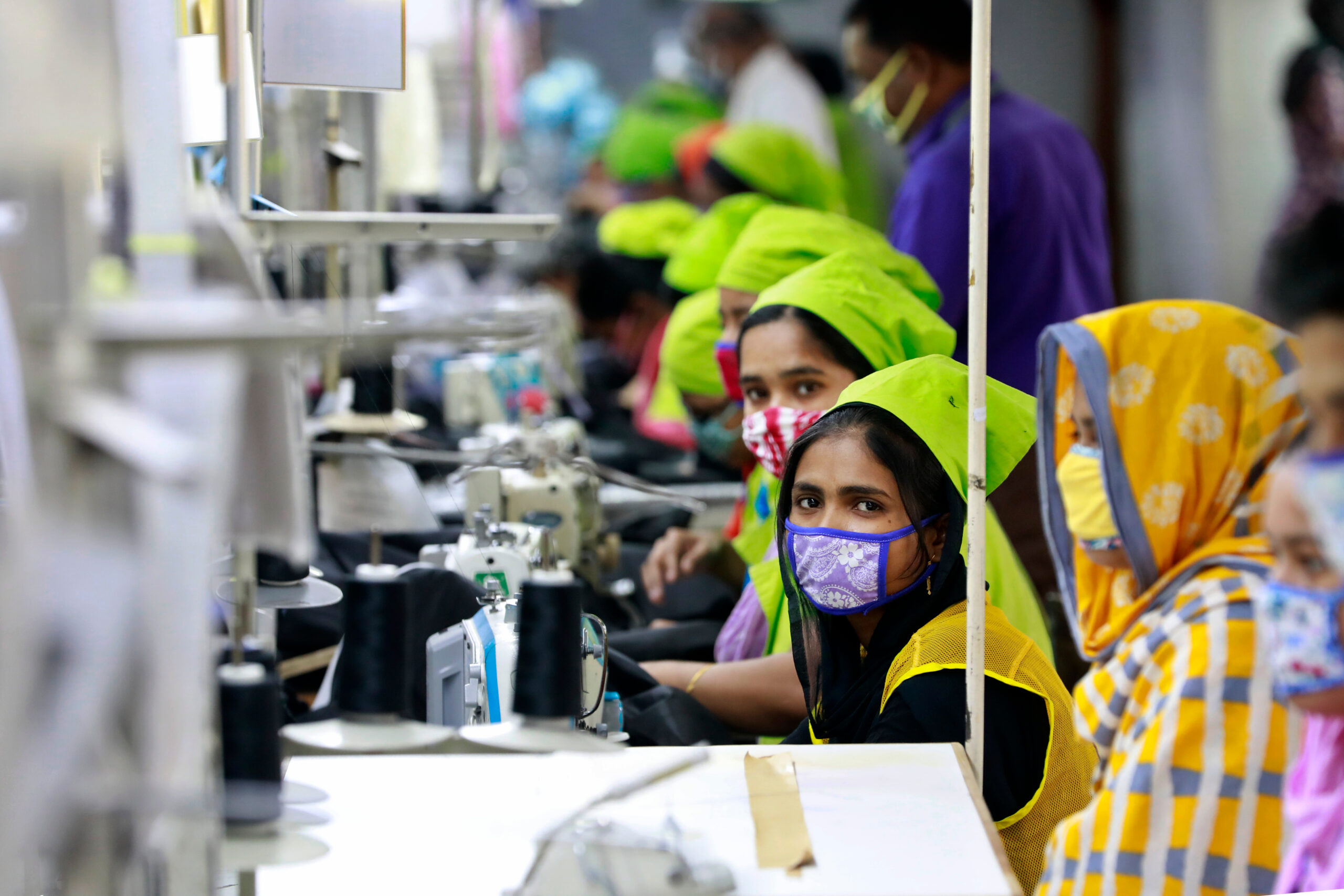12 May 2022 | Toronto, Canada
A new innovative business pilot will help 135,000 ready-made garment workers in Bangladesh, including at least 60 percent women, build their financial and digital literacy skills. The UN Capital Development Fund (UNCDF) together with wagely and a consortium of Quizrr and Ulula have committed $556,000 to improve the financial and digital inclusion of garment workers.
Through this commitment, UNCDF will provide performance-based grants and technical assistance. The technical assistance will include mentorship for partners on human-centric product design, client outreach with a focus on women, partnerships, data analytics and reporting support.
In Bangladesh, the ready-made garment manufacturing sector employs more than 4 million people, of whom 2.5 million are women. Following the devastating impact of the ongoing COVID-19 crisis during 2020-2021, the sector is now recovering, with opportunities to improve Environmental, Social and Governance sustainability to strengthen the sector’s competitiveness, growth and potential for further investment. Utilizing digital services has the potential to accelerate these opportunities and improve the decency of work and livelihoods of people employed in the sector.
“With UNCDF’s support, wagely will accelerate its ‘Earned Wage Access’ service in Bangladesh, which allows employees to receive accrued wages before payday, and is proven to increase productivity and retention of employees. In addition, wagely will introduce additional financial wellness solutions, in particular for female workers, helping ready-made garment workers reach financial resilience and inclusion,” says Tobias Fischer, CEO of wagely.
“Quizrr’s gamified digital training, powered by real time data, allows participatory suppliers to effectively accelerate their human rights due diligence efforts and engage their employees with training on several key topics such as rights and responsibilities, worker engagement and digital wages, to build capacity and track worker’s digital and financial literacy,” said Sofie Nordström, Founding Partner and Dpt CEO of Quizrr.
“The impact of the pandemic has demonstrated the need to put workers first in order to create more resilient and sustainable supply chains. Through this project, we are combining our worker engagement technology with Quizrr’s digital capacity building system to create an integrated solution for RMG workers in Bangladesh and beyond,” said Antoine Heuty, CEO of Ulula.
“UNCDF is proud to partner with wagely and Quizrr and Ulula to improve livelihoods, particularly for women, and sustainability in the ready-made garment sector in Bangladesh through digitalization, following the devastating impact the pandemic has had on the sector with some $3 billion worth of cancelled orders in 2020-2021,” said Maria Perdomo, Regional Coordinator in Asia for UNCDF.
These investments came as a result of the UNCDF project “Promoting Digital Ecosystem Solutions Addressing Women Livelihoods in Bangladesh through Ready-Made-Garment Sector Sustainability amidst COVID-19 and Beyond.”
Launched in the wake of COVID-19, the project applies a market systems development approach to advance the digital service market ecosystem in Bangladesh with a focus on digitally-enabled business models to benefit ready-made garment manufacturers and their employees.
Under this project, UNCDF released an assessment of the Ready-Made Garment sector in Bangladesh that analyzed opportunities and suggested recommendations for digitalization to improve livelihoods and the sector’s sustainability and, subsequently, selected partners to implement these recommendations.
Following the implementation of the two solutions by 2022, UNCDF can continue its work with the mobilization of investment capital, such as loans and guarantees, and further technical assistance.
UNCDF’s work in Bangladesh is part of the global Leaving No One Behind in the Digital Era strategy, which aims to equip millions of people by 2024 to use innovative digital services in their daily lives that will empower them and contribute to achieving the Sustainable Development Goals.
PRESS RELEASE ENDS
BACKGROUND ON PARTNERS
About UNCDF: The UN Capital Development Fund makes public and private finance work for the poor in the world’s 46 least developed countries (LDCs). UNCDF offers “last mile” finance models that unlock public and private resources, especially at the domestic level, to reduce poverty and support local economic development.
UNCDF’s financing models work through three channels: (1) inclusive digital economies, which connects individuals, households, and small businesses with financial eco-systems that catalyze participation in the local economy, and provide tools to climb out of poverty and manage financial lives; (2) local development finance, which capacitates localities through fiscal decentralization, innovative municipal finance, and structured project finance to drive local economic expansion and sustainable development; and (3) investment finance, which provides catalytic financial structuring, de-risking, and capital deployment to drive SDG impact and domestic resource mobilization. More information: https://www.uncdf.org/
About wagely: wagely is Asia’s largest and fastest-growing financial wellness platform offering workers visibility into their daily earnings, instant access to earned wages, and the power to plan ahead – proven to decrease employee turnover, enhance retention, and increase business savings. Our mission is to help employees regain control over their income and finances. On track to reach 1 Million Bangladeshi workers, wagely has already partnered with some of the largest RMG companies in Bangladesh including SQ Group, Vision Garments, Desh Group of Companies, and Triple Apparels, amongst many others. For more information, go to https://www.wagely.app/
About Quizrr: Quizrr is an award winning EdTech pioneer that offers innovative training solutions backed with real time data to advance corporate responsibility and capacity building in global supply chains. Founded in 2013, Quizrr uses digital training solutions to educate employees in supply chains and beyond on issues such as employment rights, workplace safety, and social dialogue, using a bottom-up approach. To date, Quizrr has engaged 1.3 million employees in 600+ factories worldwide. For more information, go to: https://www.quizrr.se/
About Ulula: Ulula is a human rights technology and data company that aims to improve working conditions across diverse sectors including agriculture, mining, manufacturing, electronics, construction and more, by sourcing and processing accurate and timely insights directly from workers and communities around the world. Ulula has engaged over 1.65 million stakeholders in more than 40 countries in 45+ languages. Ulula is a Certified B Corporation and was the 2021 winner of the Thomson Reuters Stop Slavery Award. For more information, go to https://ulula.com/
For further information, please contact:
Georgii Nikolaenko
Learning, Knowledge Management and Communications Specialist
Asia Regional Office, UNCDF
Tahsin Ifnoor Sayeed
Programme Officer
UNCDF in Bangladesh
Photo credit: Workers producing personal protective equipment for health professionals at a garment factory in Dhaka @ Sk Hasan Ali 2020.

